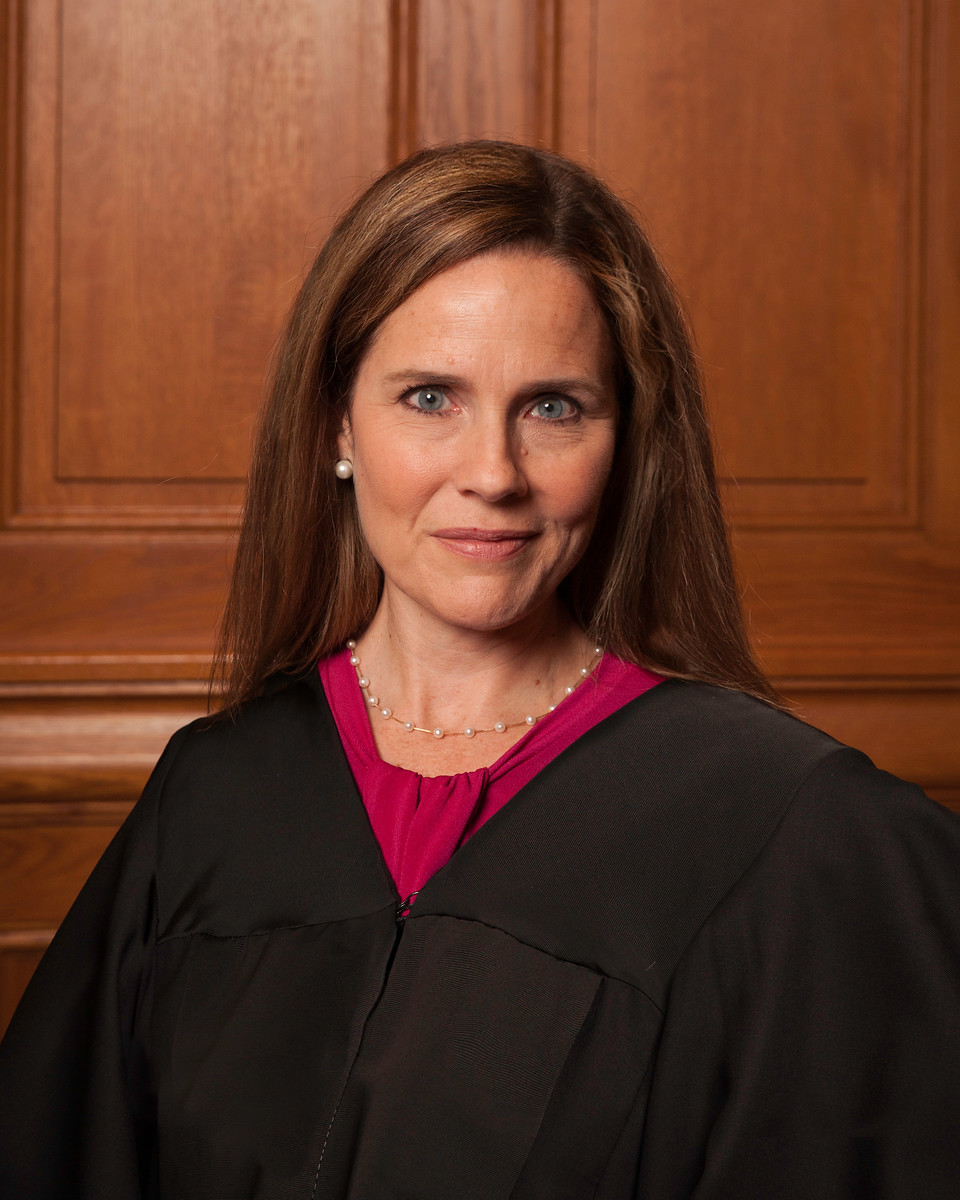Key Takeaways:
• Justice Barrett’s memoir feels like a tightly controlled performance
• New York Times critic Jennifer Szalai points out a scornful remark
• Barrett hosted a dinner for Justice Jackson, complete with Hamilton songs
• Critics question the memoir’s talk of “rule of law” versus Barrett’s record
• The book offers subtle hints about Barrett’s future plans on the Court
Barrett memoir scornful reaction
Justice Amy Coney Barrett’s new book presents her as warm and relatable. Yet a New York Times critic calls it a “carefully controlled performance.” Reviewer Jennifer Szalai flagged one “spectacularly scornful line” that kept echoing for her. Consequently, readers now wonder what Barrett really thinks of her colleagues and the Court’s direction.
Szalai argues Barrett doles out tiny “breadcrumbs” about her vision. While the memoir offers personal stories, its tone stays exact and deliberate. Therefore, Barrett clearly aims to shape how we view her work. However, these choices have critics asking if the charm is genuine or merely strategic.
Key scenes in Barrett memoir explained
In one chapter, Barrett hosts Justice Ketanji Brown Jackson at a friendly dinner. She serves Jackson’s favorite foods and even arranges a Hamilton singer. On the surface, the moment feels pleasant and inviting. Yet Szalai insists this scene is “if surreal,” since Barrett reveals she did it not to make friends.
By weaving in these anecdotes, Barrett hopes to appear likeable. Moreover, the memoir drops hints about her future rulings. Still, Szalai writes, “If you really listen, you’ll realize she isn’t on the Court to bond.” Instead, Barrett seems to use warmth as a tool to further her legal goals.
A clash over “rule of law”
Barrett praises the rule of law, pluralism, and stability in her book. Yet critics note her past judgments often sided with restrictions on protest and limits on government checks. For instance, Barrett rarely opposed executive power in her earlier rulings. Given this record, some argue her memoir’s talk feels at odds with her work.
Furthermore, Szalai points out Barrett does not criticize the Trump administration’s defiance of lower court orders. This absence seems odd for someone who values legal stability. Therefore, readers suspect a gap between Barrett’s words and actions. Ultimately, the book’s lofty talk of shared legal principles clashes with the author’s judicial history.
Why this matters now
Supreme Court justices shape laws that affect every American. So any insight into Barrett’s thinking grabs huge attention. Since Barrett joined the Court in 2020, observers have watched her votes closely. In her memoir, Barrett tries to explain why she rules the way she does. Yet if readers detect performance over honesty, trust in her judgments could erode.
Moreover, Barrett’s subtle “breadcrumbs” about the future hint she wants to steer the Court toward stricter limits on federal power. While she never spells out specific goals, her careful stagecraft suggests she has a plan. Consequently, law experts and ordinary citizens alike debate whether Barrett’s memoir reveals more than it hides.
A controlled narrative
Barrett’s background as a law professor and circuit judge taught her careful argument. She applies that same discipline to her writing. The memoir avoids major controversies and sticks to polished anecdotes. Still, Szalai argues the book’s control feels too tight for genuine memoir.
Also, Barrett chooses which topics to highlight and which to omit. For instance, she praises pluralism but omits discussion of cases where she limited civil rights. Therefore, critics suggest she frames a narrative that serves her future instead of offering full transparency.
Public reaction and next steps
Many readers have praised the memoir’s clear prose and personal touches. Yet others, following Szalai’s review, now read it with skepticism. They hunt for hidden messages behind every dinner scene and praise of stability. As a result, Barrett’s “controlled performance” has become a talking point in legal circles.
Looking ahead, Barrett’s words in this memoir may influence her own legacy. Since she hints at a vision for the Court, future decisions will be measured against these early signals. Thus her book stands not just as a personal story but as a roadmap many will study.
FAQs
What is the “scornful line” in Barrett memoir?
The memoir contains a remark showing Barrett hosted Justice Jackson not to bond. Critics call it scornful because it undercuts the warmth of the dinner scene.
Why does Szalai call the memoir a “controlled performance”?
Szalai argues Barrett carefully selects anecdotes and tone. In doing so, Barrett appears relatable without revealing deeper motives or controversial views.
Does Barrett address her past court rulings?
The book discusses her legal philosophy but avoids detailed analysis of past rulings. Critics note the lack of discussion on cases where she limited rights or challenged lower courts.
How might the memoir affect Barrett’s future on the Supreme Court?
By dropping subtle hints about her vision, Barrett shapes expectations for her future rulings. Observers will look for consistency between her words and her opinions.
